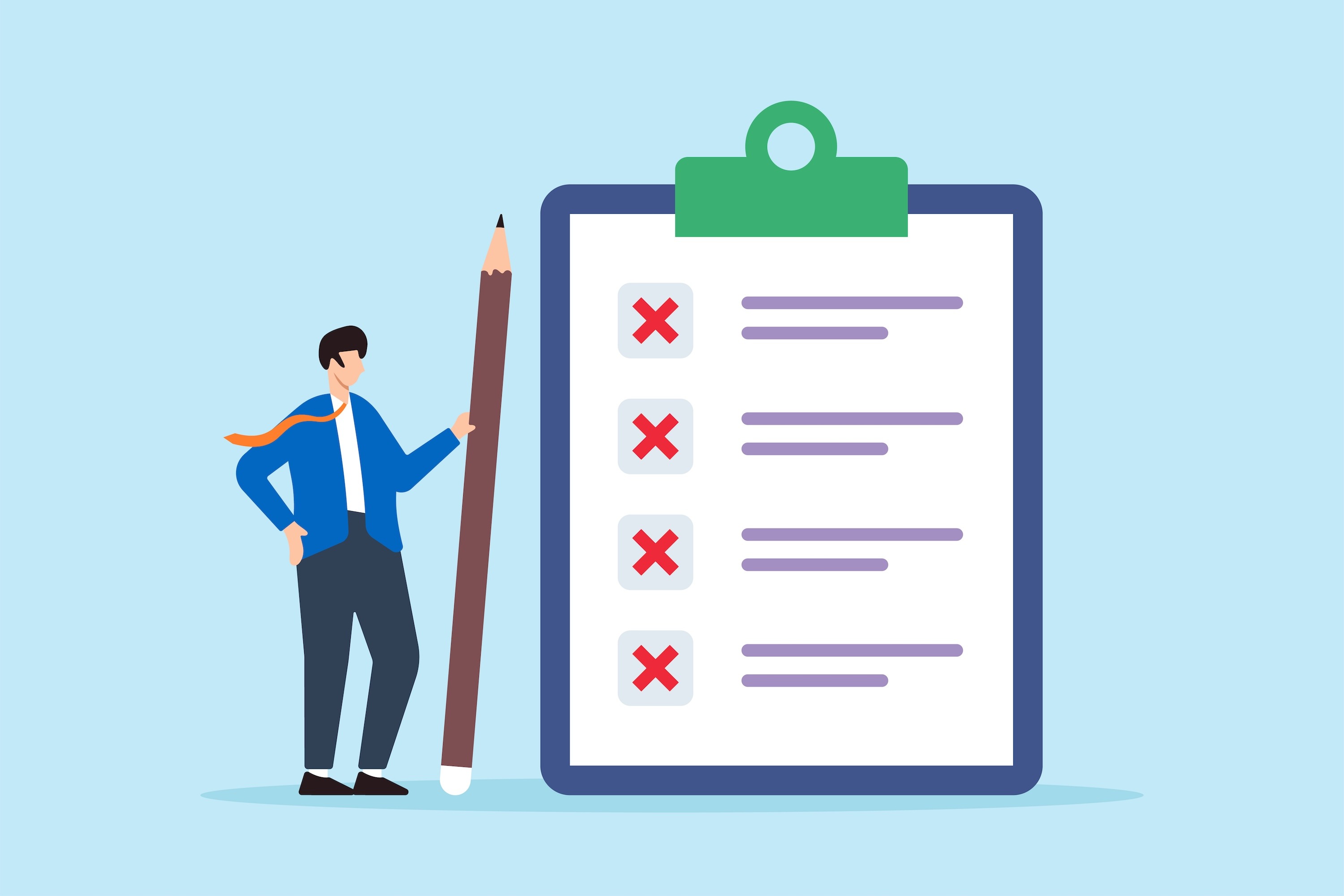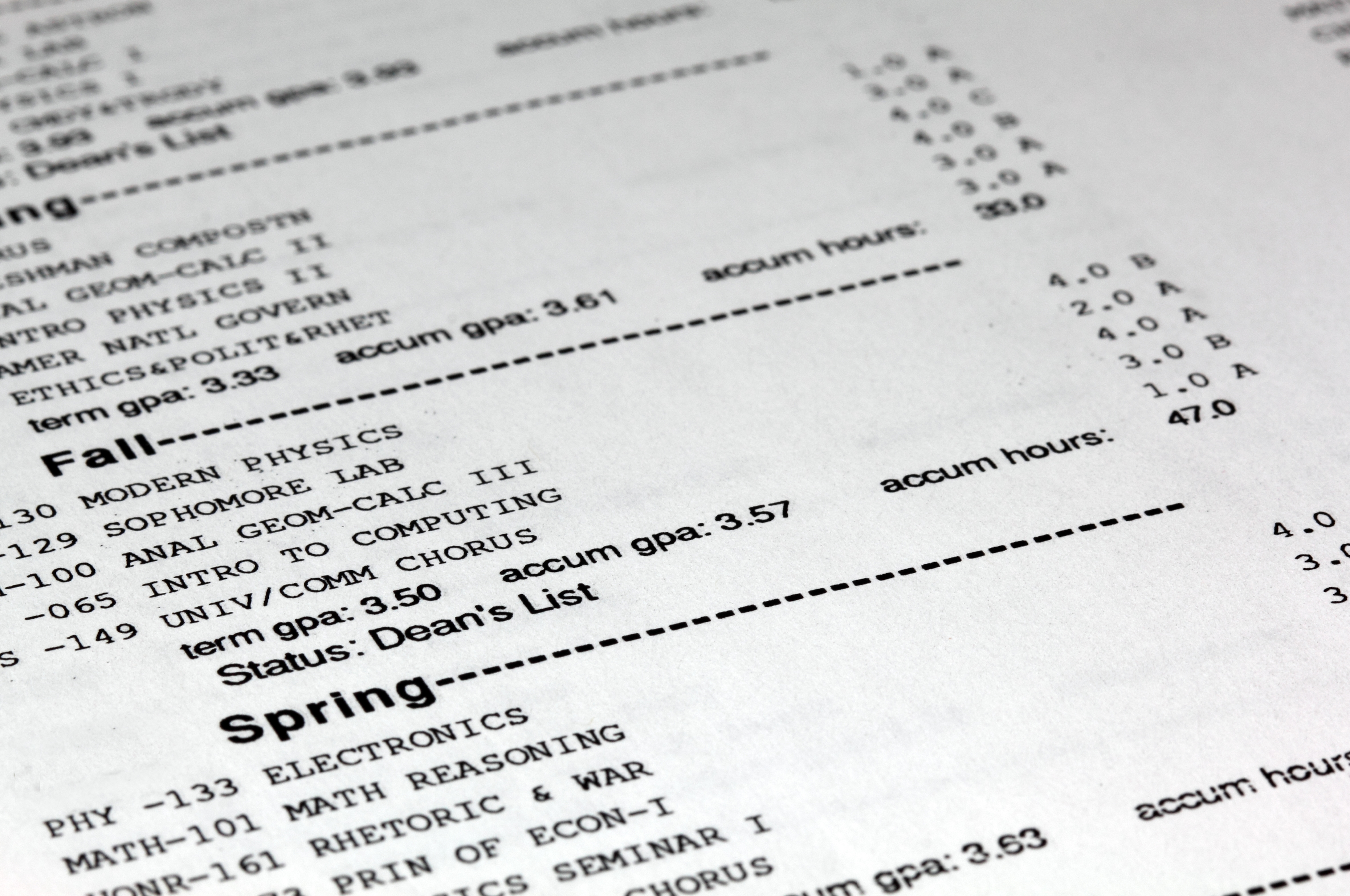5 Mistakes that Set Freshman & Sophomores Back

Starting high school is an exciting milestone, but it’s also a time when students can unknowingly fall into habits that hinder their academic and personal growth. Freshman and sophomore years lay the foundation for future success, so avoiding these 5 common pitfalls is essential:
- Underestimating the Importance of Grades
Many students believe that freshman and sophomore years don’t “really count.” In reality, a National Association for College Admission Counseling report found that 77% of colleges place significant weight on grades from all four years of high school. If your student is struggling now, seeking an individualized approach and keeping a watchful eye on grades might be what saves them from staying in a constant cycle of falling behind.
- Failing to Build Good Study Habits
Without solid study habits, students often struggle when the workload intensifies. A great way to start is by using the Pomodoro Technique: focus on a task for 25 minutes, then take a 5-minute break. This method helps build concentration and prevents burnout and gives a student the ability to check in with friends without feeling like they’re in “homework jail.” Work with your student to create a shared calendar, where you can visibly map out their schedule and times when homework can be done. - Not Getting Involved in Extracurricular Activities
Focusing on academics can be enough of a hurdle to jump through for some, but it is also valuable to maintain extracurriculars outside of school. Colleges look for well-rounded applicants who demonstrate leadership and passion. Beginning now means that in their junior and senior years they will have the chance to show those leadership skills, find a passion that will carry over post-grad, and develop teamwork and communication. - Overloading on Easy Classes
While it’s tempting to stick with easy courses to maintain a high GPA, this strategy often backfires. According to the College Board, students who are in AP, regardless of score, do better in introductory college courses than those who are academically similar and did not take AP courses. This largely due to the “college-readiness” focus provided in these courses. Students should aim for a balanced schedule that includes challenging classes they can handle alongside creative or engaging classes in topics they enjoy. - Ignoring Mental Health and Burnout
Balancing academics, extracurriculars, and social life can feel overwhelming, leading some students to neglect their mental health. A survey by the National Alliance on Mental Illness reports that 64% of high school students experience stress and anxiety. Building a support network of friends, family, and professionals can help students navigate challenging times. Addressing mental health early and without shame builds resilience and equips students with tools for long-term success.
By recognizing ineffective study habits, diminishing grades, subpar academic and extracurricular schedules, or worsening mental health, you and your student can take proactive steps to avoid them, and students can make the most of their freshman and sophomore years. Success isn’t about perfection but about building habits and experiences that prepare them for the future.
Schedule a Consultation with a Revolution Prep Academic Advisor to help your student stay on track and unlock their full potential with the help of our top-rated tutors!



